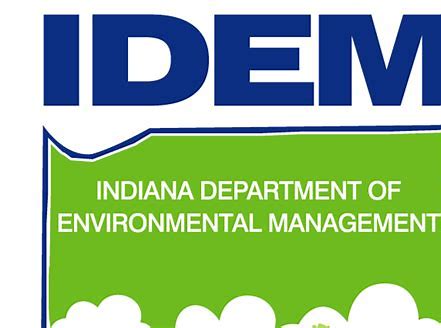INDIANAPOLIS – The Indiana Department of Environmental Management (IDEM) has issued an Air Quality Action Day (AQAD) and is forecasting high ozone levels for tomorrow, June 14, 2022 in the following regions:
- Central Indiana – Marion, Bartholomew, Boone, Brown, Delaware, Hamilton, Hendricks, Howard, Madison, Shelby
- North Central Indiana – St. Joseph, Elkhart
- Northeast Indiana – Allen, Huntington, Wabash
- Northwest Indiana – Lake, Porter, LaPorte
- Southeast Indiana – Clark, Floyd
- Southwest Indiana – Daviess, Dubois, Gibson, Greene, Knox, Perry, Pike, Posey, Spencer, Vanderburgh, Warrick
- West Central Indiana – Vigo, Carroll, Tippecanoe
IDEM encourages everyone to help reduce ozone by making changes to daily habits. You can:
- Drive less: carpool, use public transportation, walk, bike, or work from home when possible
- Combine errands into one trip
- Avoid refueling your vehicle or using gasoline-powered lawn equipment until after 7 p.m.
- Keep your engine tuned, and don’t let your engine idle (e.g., at a bank or restaurant drive-thru)
- Conserve energy by turning off lights and setting the thermostat to 75 degrees or above
AQADs are in effect from midnight to 11:59 p.m. on the specified date. Anyone sensitive to changes in air quality may be affected when ozone levels are high. Children, the elderly, and anyone with heart or lung conditions should reduce or avoid exertion and heavy work outdoors.
Ground-level ozone is formed when sunlight and hot weather combine with vehicle exhaust, factory emissions, and gasoline vapors. Ozone in the upper atmosphere blocks ultraviolet radiation, but ozone near the ground is a lung irritant that can cause coughing and breathing difficulties for sensitive populations.
IDEM examines weather patterns and current ozone readings to make daily air quality forecasts. AQADs generally occur when weather conditions, such as light winds, hot and dry air, stagnant conditions, and lower atmospheric inversions, trap pollutants close to the ground.





